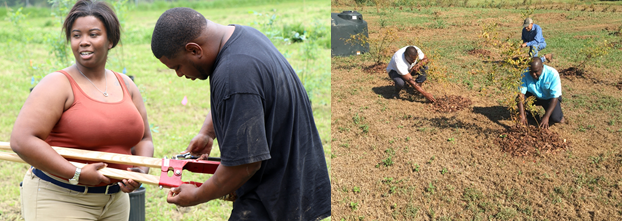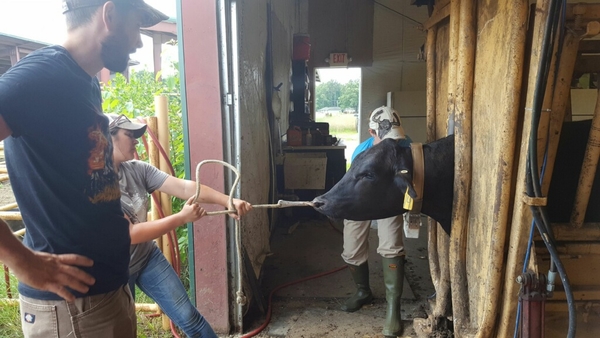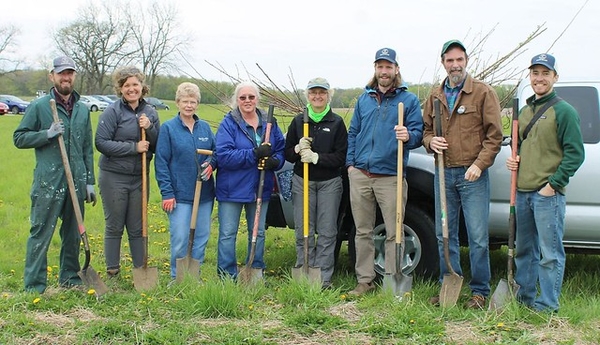The Role of Agroforestry in Enhancing Food Production and Environmental Quality

Agroforestry practices have the potential of enhancing food production and environmental quality particularly in the era of climate change. According to USDA Forest Service statistics (Oswalt, et al., 2017), approximately 61% of Mississippi land is forested, hence the state offers a unique opportunity to study how agroforestry systems can improve food production and environmental quality. Notably, South west Mississippi is home to many small-scale limited resources farming communities and this experiment will provide new insights about the potential food production and environmental quality benefits of horticultural based agroforestry. For producers with limited resources, diversification of agricultural practices is key to improving sustainability of farm resources. Indeed, diversification has been acknowledged for its role in enhancing sustainable growth compared to monocrop production system in the rural sector (Barghouti, et al., 2004)
- Details
- Written by Leonard C. Kibet, Girish Panicker, Jacqueline Mccomb, Gwendolyn Boyd, Lashunda A. Hodges, Avis Joseph and Frank Mrema. School of Agriculture and Applied Sciences, Alcorn State University, Lorman, MS 39096
- Parent Category: 2019 Vol. 25
- Category: Volume 25, Number 3, October 2019






